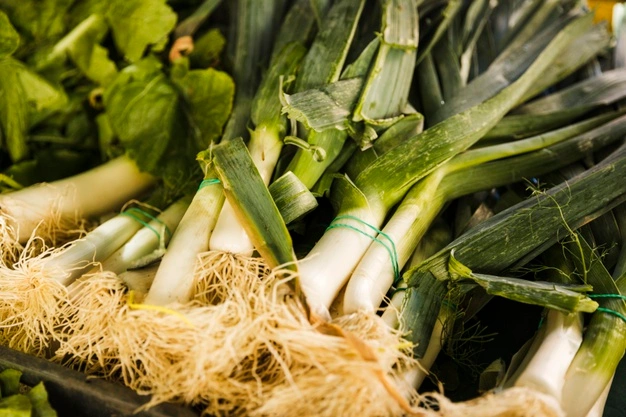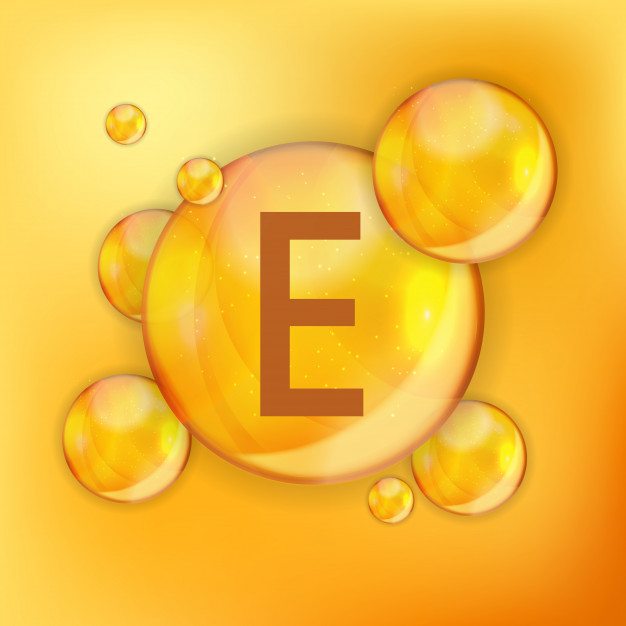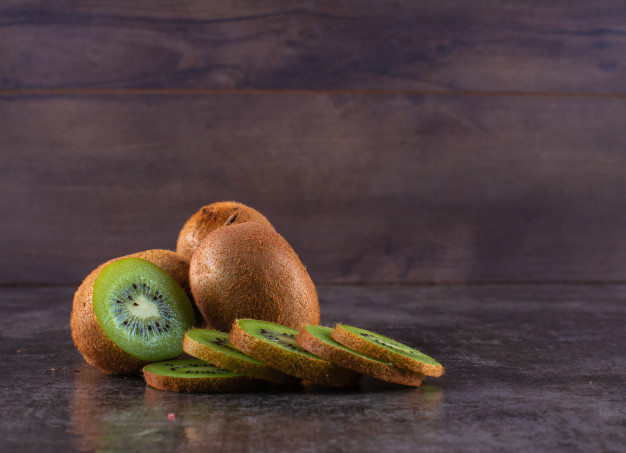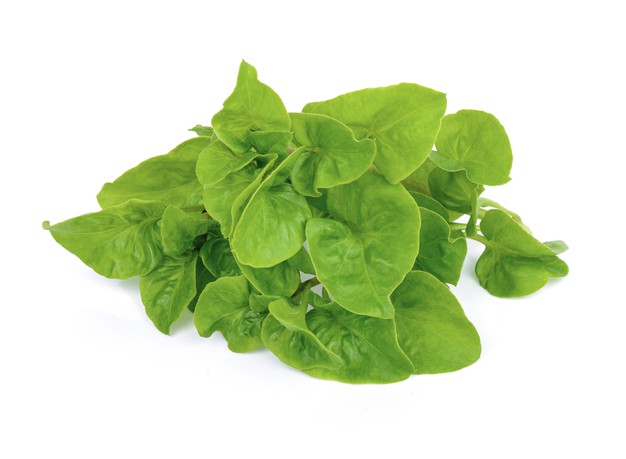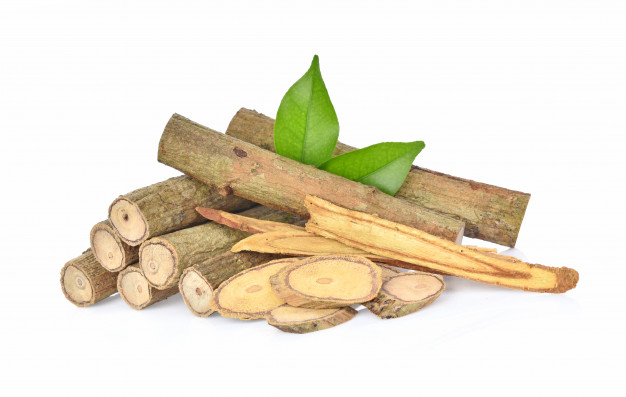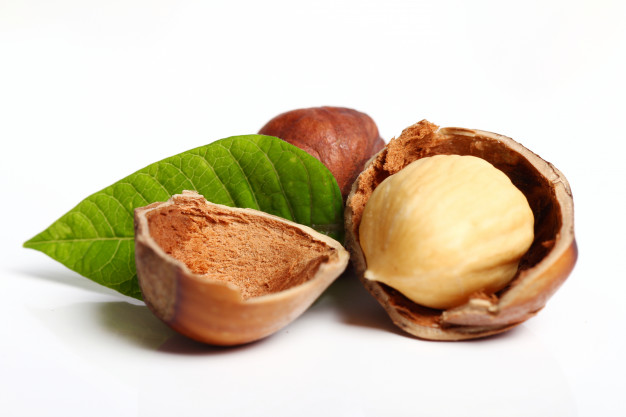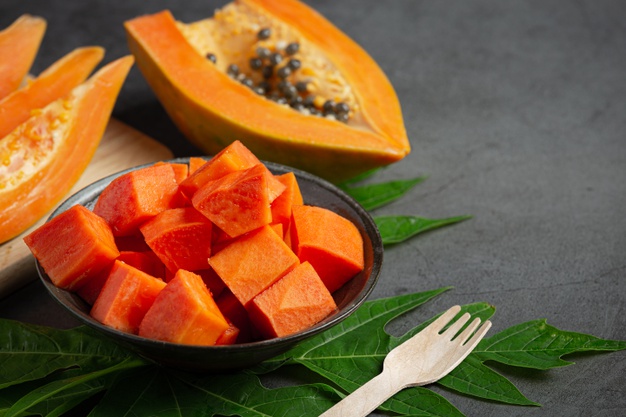Pumpkin is a nutrient dense orange coloured food belongs to Cucurbitaceae family. It derives its colour from beta-carotene, which acts as an important antioxidant. It contains various other nutrients as well, which have several therapeutic advantages.
Nutritional profile
- It contains less amount of carbohydrate and also contains dietary fibre
- It contains too some extent of protein as well
- It contains negligible amount of fat and totally free from cholesterol
- It is packed with various important micronutrients, which include Vitamin A, vitamin C, Vitamin E, Vitamin B2, Vitamin B6, Vitamin B9, phosphorus, potassium, calcium, magnesium, zinc, manganese, iron and copper
- It also contains numerous biologically active compounds, which are responsible for exerting nutraceutical activities
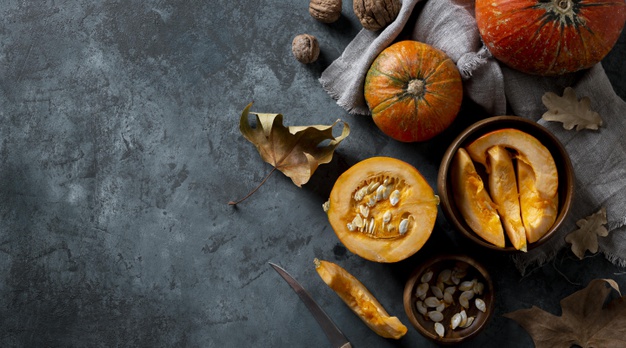
Health benefits
Role on immunity
- Pumpkin is considered as an imperative immune booster as it is consisting of various nutrients, which are responsible for stimulating immunological responses
- Vitamin A component of pumpkin plays significant role for strengthening the immune system of the body
- Vitamin C found in pumpkin helps to increase the synthesis of WBC thus improves the functionality of immune cells that ultimately decreases the susceptibility of developing infectious diseases
- Its consumption also accelerates the process of wound healing

Role on mental health
- Consumption of pumpkin is very much effective for improving the mental health
- Anxiety or depression is considered as one of the most important causative factor that adversely affects the mood and it has seen that decrease level of serotonin in body is responsible for developing this kind of mental disorders
- Nutrition plays significant role in enhancing the serotonin level in body. Consumption of foods, which are rich in tryptophan (an amino acid) help to prevent serotonin deficiency as tryptophan is converted into serotonin within body
- Pumpkin as well as pumpkin seeds are considered as a good source of tryptophan hence its consumption is very much beneficial for improving serotonin level hence helps to improve mood and helps to decrease the risk of developing mental disorders
Role on skin
- Pumpkin is packed with various important nutrients that play vital role for enhancing skin health
- Its antioxidant activities are responsible for preventing ageing and it also helps to decrease the prevalence of skin disorders by protecting the skin from oxidative damages
- Beta carotene component of pumpkin acts as an effective sunblock that prevents the damages of skin cells caused by UV ray, whereas its zeaxanthin, Vitamin E and lutein components are also accountable for enhancing the skin’s defense against UV radiation
- Vitamin C component of pumpkin helps to improve skin elasticity by producing collagen
- Consumption of pumpkin is very effective for preventing wrinkles as well
- Pumpkin is also used as an effective face mask that helps to sooth the skin. It is better to prepare a pack with pumpkin, egg as well as milk and its application to the face at least for 20 minutes followed by washing with warm water is very much helpful for improving skin health
- It also helps to give the skin a younger look

Antioxidant activity
- Pumpkin contains various components like alpha-carotene, beta-carotene, beta-cryptoxanthin, Vitamin C, Vitamin E, which exert antioxidant activities
- Free radicals are basically freely existing molecules that contain free electron and excessive amount of free radicals harm the body adversely and they are responsible for developing various chronic illness like cardiovascular diseases, cancers etc
- Consumption of pumpkin is a good choice for protecting the body from the harmful effects of free radicals as it helps to decrease their concentration in body
- It also helps to sustain the structure and functionality cells by inhibiting cellular damages caused by oxidation
- Its consumption is very effective for preventing lipid peroxidation as well thus helps to reduce oxidative stress
Role on eye
- Pumkin contains adequate amount of beta-carotene, which is the pro-vitamin of Vitamin A. It has seen that beta-carotene, is converted into Vitamin A in liver. Thus consumption of pumpkin is associated with providing adequate Vitamin A to the body
- Vitamin A plays significant role in promoting eye health hence consumption of pumpkin is closely related with reducing the risk of developing eye disorders
- It helps the retina to absorb as well as process light and its antioxidant activity is also responsible for protecting the retina from oxidative damages thus helps to promote vision
- It also contains zeaxanthin and lutein, both of which exhibit potent antioxidant activities and significantly reduces the prevalence of macular degeneration and cataract

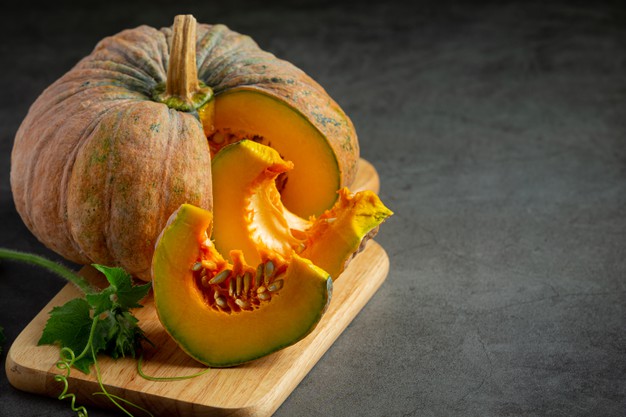
Role on digestive health
- It contains significant amount of magnesium that helps to promote digestion
- It contains enough moisture, which also helps in digestion process
Role on weight management
- Pumpkin especially canned pumpkin contains significant amount of fibre that plays imperative role in weight reduction
- The fibre present in pumpkin is responsible for reducing appetite thus it is associated with providing a feeling of stomach fullness for a long period of time. As a result it decreases food intake hence calorie consumption thus facilitates weight reduction
Anti-carcinogenic activity
- It is packed with carotenoids, which are considered as the principal components of pumpkin responsible for exerting anti-carcinogenic activities and suppress the growth of malignant cells and tumors cells in body
- It has seen that its consumption is extremely useful for reducing the prevalence of prostate cancer and lung cancer

Role on cardiovascular health
- Pumpkin is considered as an important source of antioxidant and its consumption plays imperative role in decreasing the prevalence of cardiovascular diseases as it helps to protect the heart from oxidative damages
- Its antioxidant activity is also associated with preventing the oxidation of bad cholesterol that is LDL that helps to reduce the risk of developing LDL clumps in blood vessels hence decreases the prevalence of atherosclerosis and coronary artery disease
- Its potassium and Vitamin C components are also accountable for promoting cardiac health
- It helps to decrease blood pressure as well and reduces the prevalence of strokes
Hypoglycemic effect
- Pumpkin helps to reduce blood sugar concentration as it is related with improving glucose tolerance
- It has seen that pumpkin also helps to enhances the amount of insulin produced by the body hence helps to decrease blood glucose concentration
Role on sleep
- Individual who suffer from insomnia should consume pumpkin for better sleep
- It contains adequate amount of tryptophan (mentioned above), which is associated with producing serotonin later in body. This serotonin exerts a calming effect to the body and thus promotes healthy sleeping

General consideration of consuming pumpkin
- Its sweet and delicious taste makes it a popular ingredient for various dishes like pie, pancakes or custard
- It can also be used for preparing various savory dishes like soups or roasted vegetables or pastas
Risk factors
- Pumpkin is a nutritious and healthy vegetable and its consumption is safe for most but it has seen that some individual develops allergic reaction after consuming pumpkin
- It is better to avoid the consumption of pumpkin based junk food like candies or pie filling or lattés as they contains excessive added sugar therefore their over consumption may cause obesity and hyperglycemia
- Pumpkin has diuretic effect hence too much consumption of pumpkin may cause excessive losses of water and electrolyte through urine leading to dehydration and electrolyte imbalance thus it is always better to consume pumpkin as per recommendation
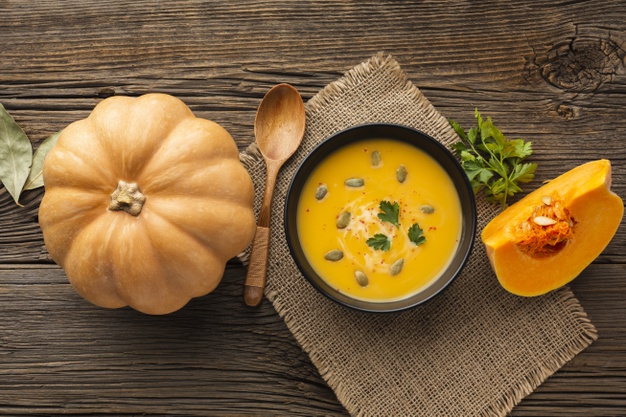
Source:
Ceclu, L., Mocanu, D.G. and Nistor, O.V., Pumpkin–health benefits. diabetes, 12, p.23.
Kamarubahrin, A.F., Haris, A.B., Daud, S.N.B.M., Kefeli, Z.B., Ahmad, N.B., Muhamed, N.A.B. and Shukor, S.B.A., 2018. The potential of pumpkin (Cucurbita moschata Duschene) as commercial crop in Malaysia. Pertanika Journal of Scholarly Research Reviews, 4(3).
Kaur, S., Panghal, A., Garg, M.K., Mann, S., Khatkar, S.K., Sharma, P. and Chhikara, N., 2019. Functional and nutraceutical properties of pumpkin–a review. Nutrition & Food Science.
Moraru, D.I., Ploscutanu, G. and Stoica, M., Health benefits of edible round-fruited types of Cucurbita pepo. a short review.
Tlili, I., Rouhou, H.C., Ilahy, R., Jedidi, E., Bouhlel, R., Romdhane, L., Ghannem, S., Lenucci, M.S., Siddiqui, M.W., R’him, T. and Hdider, C., 2020. Pumpkin. In Antioxidants in Vegetables and Nuts-Properties and Health Benefits (pp. 105-126). Springer, Singapore.
Yadav, M., Jain, S., Tomar, R., Prasad, G.B.K.S. and Yadav, H., 2010. Medicinal and biological potential of pumpkin: an updated review. Nutrition research reviews, 23(2), pp.184-190.


